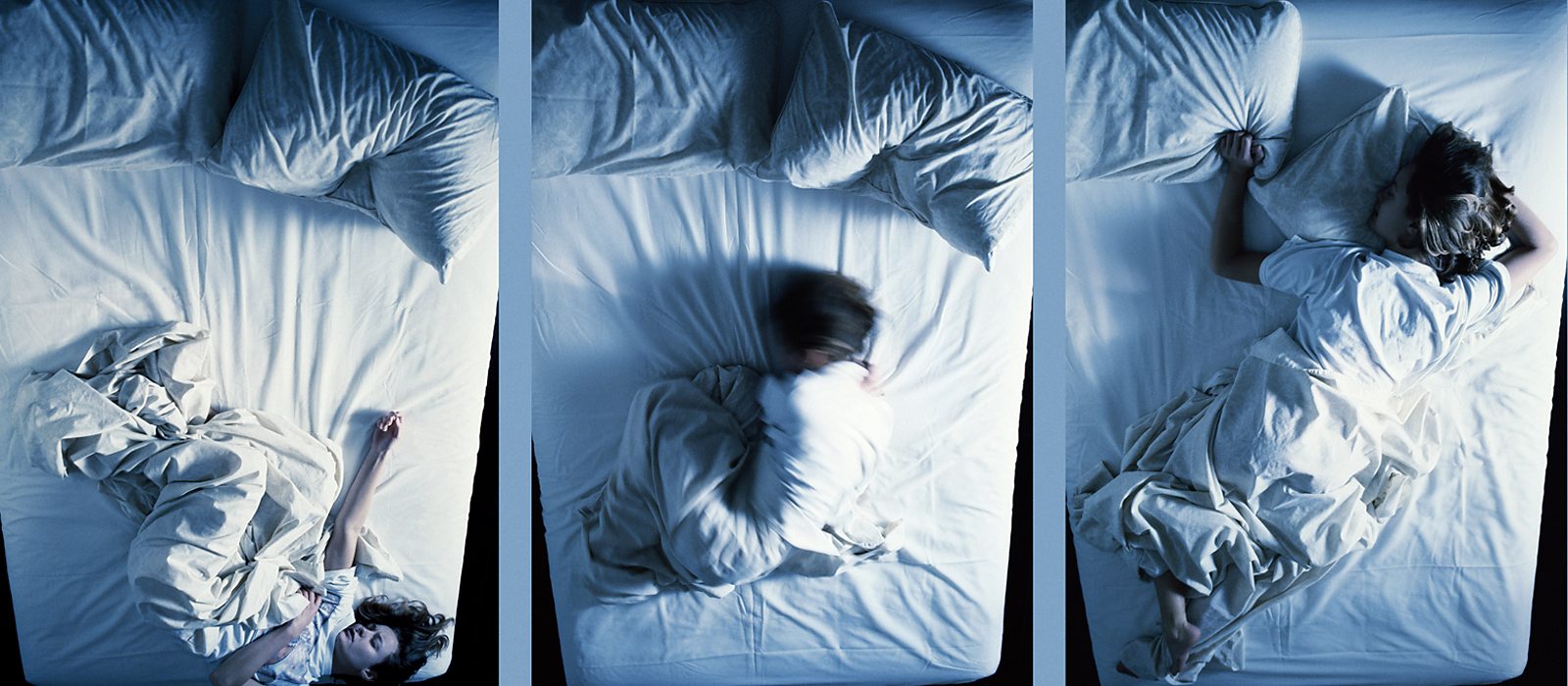In an ideal world, we’d wake up feeling completely refreshed and well-rested after a night’s sleep. Unfortunately, it doesn’t always work out that way and we still feel really tired the next morning. There’s nothing worse than getting 8 to 10 hours of sleep and feeling like you need more – you want to feel ready for the day instead!
There are a couple of reasons that could be causing this feeling of never-ending fatigue, and hopefully this will also help you have a better night’s rest.
Also read: 7 Tips to Improving Your Sleep Habits

1. Waking up in the wrong cycle of sleep. Waking in the middle of non-REM (Rapid Eye Movement) cycle can lead you to feeling groggy during the day, this is the state when you’re in very deep sleep. If you wake during REM you’re more likely to feel alert and attentive as the day progresses.
Try this 7.5 hours sleep duration for 3 days. If you find yourself waking about 10 minutes before your alarm goes off, you’ve found your perfect bedtime. If however you’re still relying on your alarm clock to wake you up, try moving your bedtime back 15 minutes every 3 days until you find yourself waking just a few minutes before your alarm goes off.
Once you find your body’s perfect internal sleep-clock, stay consistent with it. The less you vary from the norm, the more alert you will be during the day and the better you will function.
2. Poor quality of sleep. This means you have too many distractions to put you into a state of good quality sleep. Perhaps you had caffeine too late in the day, or you may be under a lot of stress. This is usually the leading cause of fatigue even after sleep.
3. Medication. Are you on any drowsy medication? There’s a reason doctors give you medical leave if you’re night medications knock you out into a deep slumber. You need quality rest for your body to heal properly and to be able to recover from your ailment.
4. Health. Do you suffer form any pre-existing health conditions like sleep apnea or depression. This might affect your quality of sleep too.

5. Out of sync body clock. Set yourself a regular routine and go to bed at the same time (regardless of weekday or weekend) and wake up at the same time too. This is one of the best ways to ensure your body follows its sleep rhythm and you get the best sleep you need.
6. Electronic devices and e-reading. This may be the simplest yet hardest habit to break. The artificial light emitting from your cellphone, tablet, laptop, television set, e-reader, portable game console, etc, tricks your brain into believing it needs to stay awake because it associates light with daytime. This deception can disrupt your circadian rhythm, which in turn leads to poorer sleep at night and feeling rundown during the day.

7. Caffeine. Avoid this at all cost. Caffeine is a stimulant and will increase alertness at that crucial time when your body wants to wind down. If you are a habitual caffeine user, try avoiding using caffeine three hours before bedtime to help get you to sleep on time.

8. Dehydration. We’ve heard it time and time again, we need to keep our body well hydrated for it to function at its optimal level. It’s also key to ensuring you’re not left feeling drained. Between six and eight glasses of water-based drinks a day are recommended.
9. Alcohol intake. More than half of us reach for a glass of wine between three to four times a week to relax after a hectic day. While alcohol relaxes you initially, it can compromise your sleep quality – even if you are get the recommended 7-8 hours. The chemicals in alcohol disrupt your sleep cycle, preventing you from entering deep sleep. 1 glass a week won’t hurt, but try not to over indulge.

– Cover Image: bbc.co.uk









